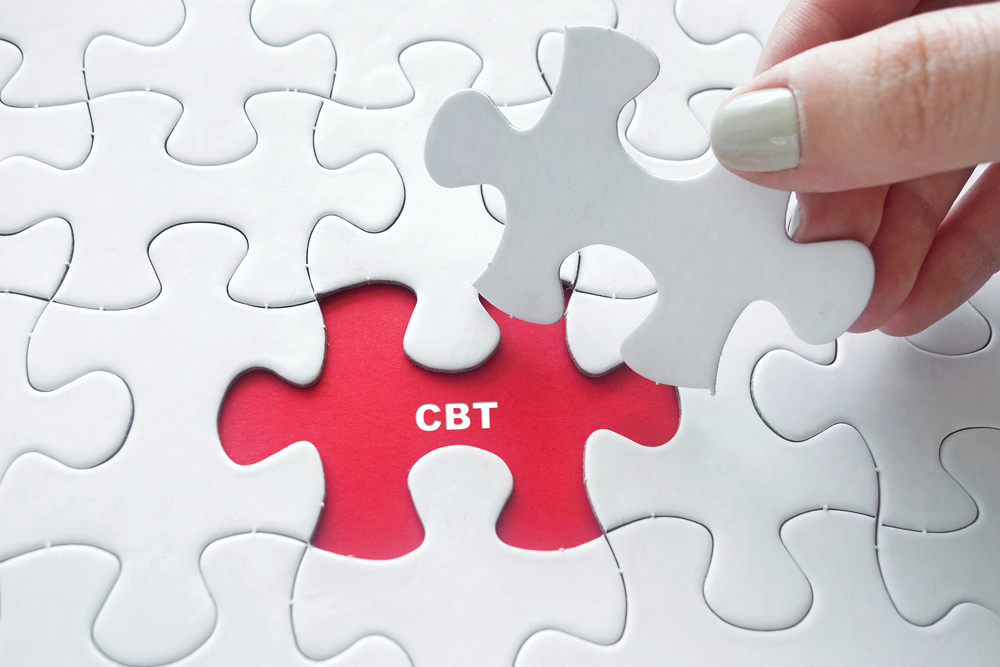Depression, also known as major depressive disorder (MDD) or clinical depression, is listed in the Diagnostic and Statistical Manual of Mental Disorders, Fifth Edition (DSM-5).
It is a neurological disorder that affects mood, cognition, behavior, and impedes adaptive functioning.
The World Health Organization (WHO) explains that depression is “characterized by persistent sadness and a lack of interest or pleasure in previously rewarding or enjoyable activities,” resulting in significant impairment in one’s daily life. Major depressive disorder is recognized as the leading cause of disability in America for individuals ages fifteen to forty-four. Findings from the 2020 National Survey on Drug Use and Health (NSDUH) indicate that 8.4% of all U.S. adults, which is equal to nearly 21 million people, had at least one major depressive episode. If left untreated, depression has the propensity to increase one’s risk of several adverse physical and psychological outcomes.
Treatment
Obtaining an accurate diagnosis (concluded with results from a medical exam with blood work, and psychological evaluation) is essential to the recovery process for any mental health illness, including depression. There is no universally effective method of treatment for depression, as each person is unique with nuanced and distinct needs. Hence, treatment for depression requires a customized treatment plan that is inclusive of a multidisciplinary approach. The American Academy of Family Physicians (AAFP) underscores common components that may make up one’s treatment plan for MDD, which typically include one or more psychotherapeutic interventions and medication. According to the Anxiety & Depression Association of America, the following two evidence-based psychotherapies have been found to be most effective in the treatment of depression:
- Cognitive behavioral therapy (CBT): CBT focuses on challenging and changing unhelpful cognitive distortions and behaviors, improving emotion regulation, and developing personal coping strategies to problem solve effectively.
- Interpersonal psychotherapy (IPT): IPT focuses on how a person’s communications and interactions with other people affect one’s own mental health. Through interpersonal therapy an individual will learn to resolve and adjust unhealthy interpersonal problems, resulting in a symptomatic recovery.
Depending on one’s needs, other psychotherapeutic modalities may be integrated into one’s treatment plan, such as dialectical behavior therapy (DBT), expressive arts therapy (e.g., play therapy, art therapy, music therapy, drama therapy, sand therapy, etc.), eye movement desensitization and reprocessing therapy (EMDR), motivational interviewing (MI), psychodynamic psychotherapy, and more. A combination of medication and psychotherapy has been associated with significantly higher rates of improvement in more severe, chronic, and complex presentations of depression.
Further Information and Support
For most of us, life can be very stressful, leading us to feel emotionally charged, which can cause anxiety, panic attacks, depression, and getting stuck in a cycle of being burdened with negative thoughts. Navigating through the challenges and emotional turmoil of life can be overwhelming, but you do not have to go through it alone. Engage Treatment is a Joint Commission Accredited professional psychological practice. We specialize in treating children, teens, and young adults struggling with depression and anxiety through community-focused treatment plans that incorporate a carefully selected combination of therapeutic interventions. Our compassionate, multidisciplinary practitioners are devoted to providing the highest quality of care that helps ignite positive change and enables clients to reach optimal health and well-being. Please do not hesitate to reach out for guidance. We are happy to answer questions and provide you with any additional information. Feel free to call us at 805-497-0605 or email us at [email protected]. You are also welcomed to get in touch by filling out our contact form. We look forward to connecting and having the opportunity to discuss how we might best be able to support you.
Contact Us
Westlake Campus:
IOP Program
2625 Townsgate Road, Suite 210
Westlake Village, California 91361
Agoura Campus:
Private Therapy & Parenting Program
30300 Agoura Road, Suite 250
Agoura Hills, CA 91301
805-497-0605
805-371-4862











© 2023 Engage Treatment Program, Inc. All Rights Reserved.
LGBTQ Friendly
About
• About Engage
• Our Team
• Career Opportunities
• Individual / Family Therapy
Resources
• Community Resources
• Blog
• FAQ
• Referring Clinicians
• Privacy Policy & SMS Terms






